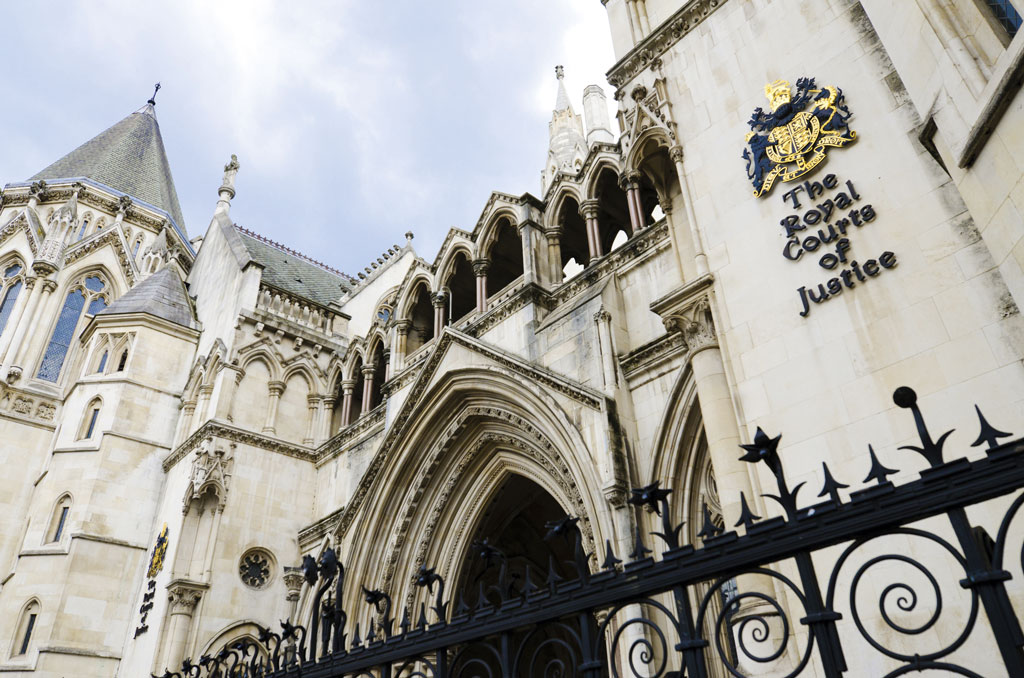
Claire Darwin identifies familiar themes running through the judicial approach to disclosure failings
- The consequences of non-compliance with the duty of disclosure.
Whether a case concerns civil, criminal, family or regulatory proceedings, disclosure failings may constitute a fatal blow to the fairness of proceedings leading to a stay or strike out or other adverse consequences.
In criminal proceedings, it is well-established that a stay for abuse of process may arise either because it is no longer possible to have a fair trial (limb one); or because it offends the court’s sense of justice and propriety to try the accused in the particular circumstances of the case (limb two), see R v Maxwell [2010] UKSC 48, [2011] 4 All ER 941, per Lord Dyson SCJ at [13]. In limb one cases, if the court concludes that an accused cannot receive a fair trial, it will stay the proceedings without more. No question of the balancing of competing interests arises.
The court’s inherent power to protect the integrity of judicial proceedings constitutes the core of limb two. In Maxwell Lord Dyson explained











